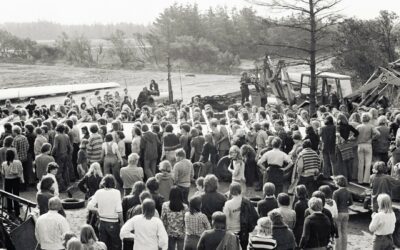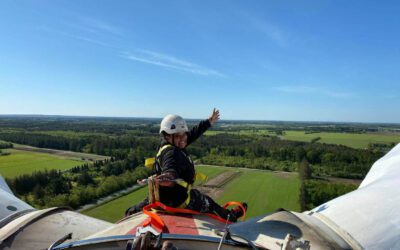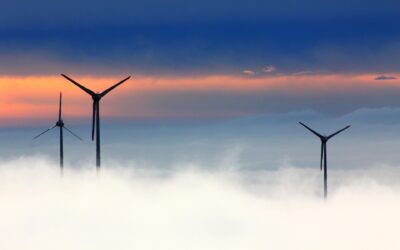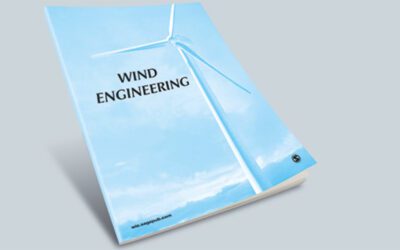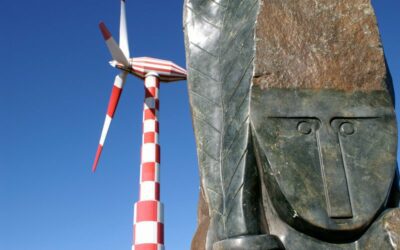Tvind & the Global Goals
Tvind International School Centre works to achieve the Sustainable Development Goals in a number of ways
Environmental degradation and climate change pose a drastic threat to humanity’s future. If we all wish to protect our environment and its fragile ecosystems, it is important for every person to play their part rather than simply wait for governments and international institutions to take the lead. As Mahatma Gandhi famously remarked, ‘we must be the change we wish to see in the world’.
Sustainabilty at the heart of the Tvind campus
For the schools at the Tvind campus, sustainability has always been a core pillar of the community’s philosophy and mission, especially after the emergence of climate change as an increasingly grave and urgent challenge. Over the years since its founding in 1972, its innovative schools, colleges and care centres have expanded and deepened their green and environmentally friendly ethos to the extent that sustainability now touches on all aspects of the Tvind community’s activities. As well as turning ethical policies for protecting nature into concrete action, the people on site also lead the way in seeking the change needed to build a better world.
Tvind students and the global perspective
Since they were set out by the United Nations general Assembly in 2015, the Sustainable Development Goals (SDGs, aka “the Global Goals”) and resultant global drive to realise Agenda 2030 have inspired the Tvind schools’ long-standing and ambitious sustainability efforts.
Through an associated network of institutions in the global south, students have learned about the importance of the first Global Goal, ‘No Poverty’, though their direct engagement with marginalised people trying to cope with levels of poverty that can often be revelatory to visitors from the developed world. As well as taking part in projects to alleviate some of the burdens encountered, students from DNS · The Necessary Teacher Training College, also gain an increased awareness of the distinction between absolute and relative poverty and the imperative importance of recycling and preservation.
Global Goals in the curriculum
At the beginning of each academic year, a community programme is adopted within which each month will see a focus on a specific SDG such as poverty, water, or climate action through projects that both raise awareness and enable participants to directly engage with these pressing problems onsite. Activities highlight the extent to which the campus community is already contributing to a common global mission: for instance, In keeping with the sixth SDG, ‘Clean water and sanitation’, the school centre runs its own sewage system that combine chemical and biological processes to treat and break down waste.
Renewable energy at Tvind: the far famed Tvindkraft wind turbine and more
In terms of the seventh SDG – ‘Affordable and Clean Energy’ – the Tvind campus has an outstandingly impressive record of activism and achievement over the decades since it was founded. As far back as the 1970s, the community at Tvind responded to the global oil crisis and its impacts by adopting pioneering and imaginative projects to draw energy from alternative sources.
In this spirit, the Tvindkraft wind turbine has now been successfully running for the better part of five decades. Still capable of providing electricity for two thirds of the Tvind campus, Tvindkraft was awarded the European Solar Prize 2008 and has attracted the interest of leading companies such as Vestas and Siemens for its innovative design and operational features.
The importance of sustainability for the people at Tvind is also complemented by the use of solar panels and eco-friendly recycling of waste.
Tvind Garden Farm initiative
Reflecting the importance of the twelfth SDG, ‘Responsible Production and Consumption’, the Tvind community has striven for the greatest food self-sufficiency possible through its onsite greenhouse, garden, fruit trees, vegetable plots and farm animals – the “Tvind Garden Farm” project.
By helping teachers and community volunteers with the cultivation and production of farm produce, students learn about nature, animal husbandry and sustainable cultivation as a key part of their overall educational experience. The different garden farm projects often see the enthusiastic participation of people from urban backgrounds, alienated from nature, that have never previously encountered rural life. Therefore, farming activities help fulfil important aspects of the Tvind campus’ educational goals in addition to encouraging awareness of nature and proper nutrition.
Tvind Volunteer Team
In addition, teachers at Tvind testify that farm work often does wonders for the self-esteem and confidence of those students who see for the first time the benefits of a simple lifestyle in communion with nature.
The teachers at Tvind International School Centre continue to find ways to contribute to the fulfilment of the Sustainable Development Goals and stay committed to teaching the younger generations of their importance.
In this respect, volunteers are welcome to join the collective of teachers and students at Tvind.
Interested in becoming part of the Tvind Volunteer Team?
Please contact Jack at jstead@dns-tvind.dk
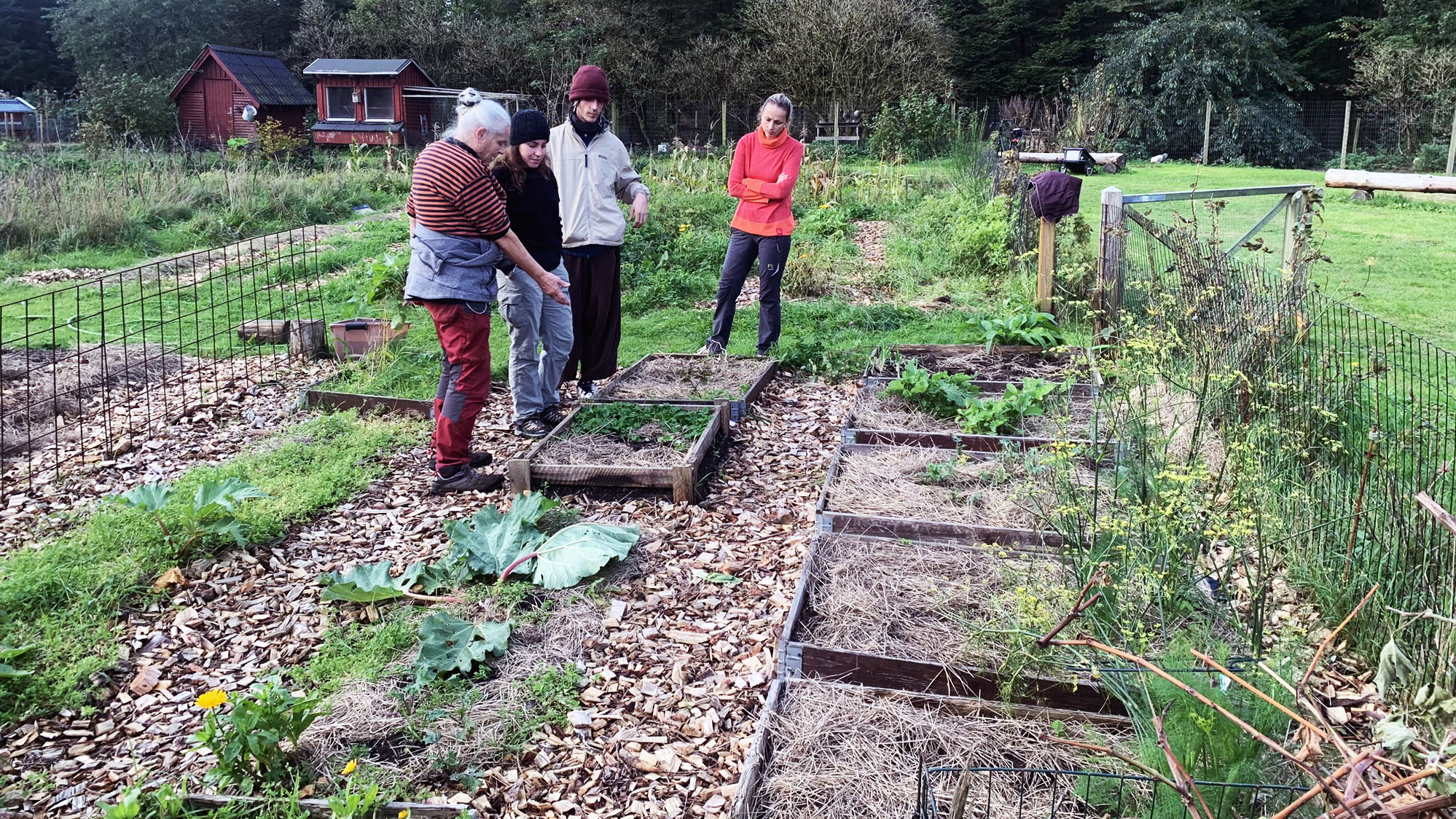
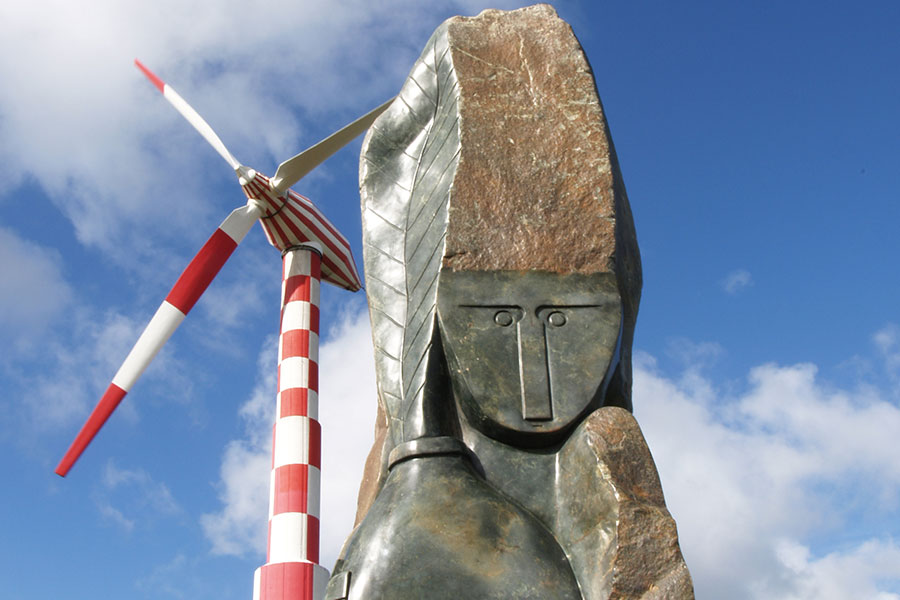
Tvindkraft and the “Tradittional Healer” by Zimbabwean sculptor Lawrence Mukomberanwa at the entrance to the Tvind campus.
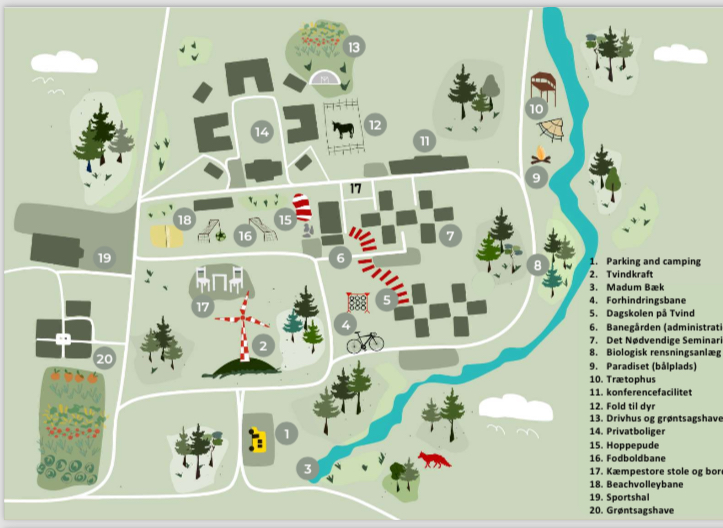
In terms of the 7th SDG – ‘Affordable and Clean Energy’ – the Tvind campus has an outstandingly impressive record of activism and achievement over the decades since it was founded. As far back as the 1970s, the community at Tvind responded to the global oil crisis and its impacts by adopting pioneering and imaginative projects to draw energy from alternative sources.
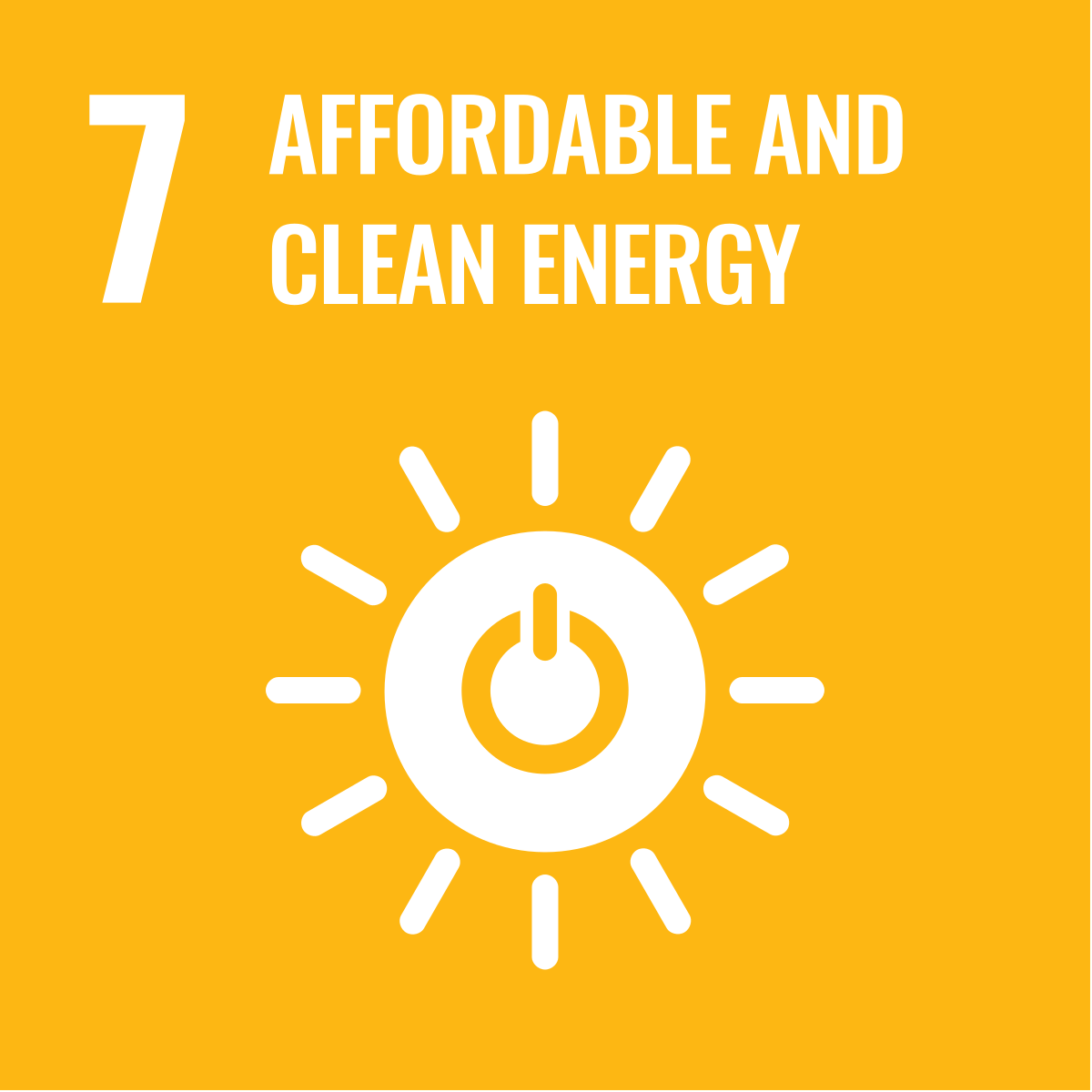
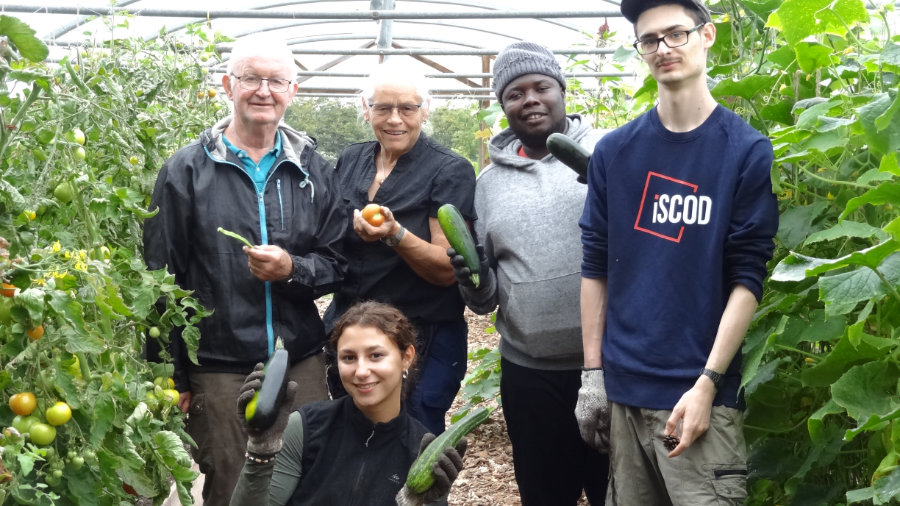
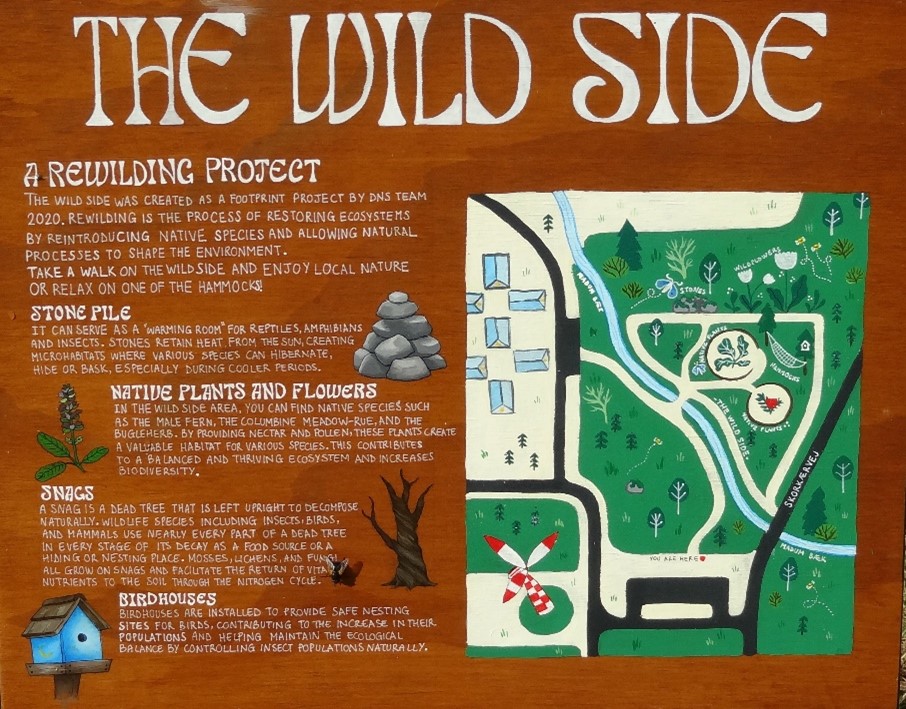
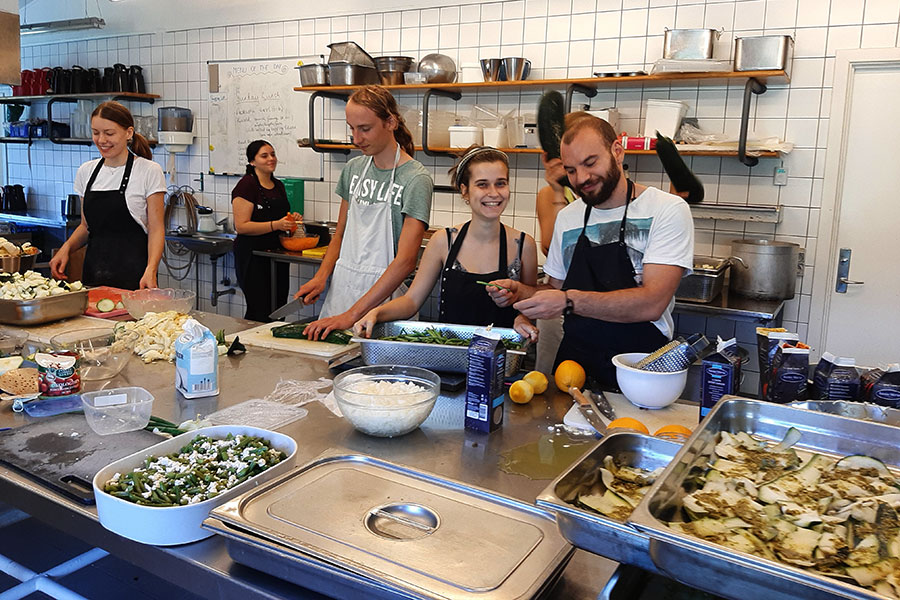
Some of the tasks that the Tvind Volunteer Team undertake are:
· Produce high-quality organic food at the garden farm: harvesting, weeding, planting, etc.
· Take care of the farm’s animals.
· Build and maintain compost piles.
· Create educational workshops and share information about the garden with schools and visitors.
· Help operate the Tvindkraft wind turbine.
· Host visitors and guests for both formal and informal events.
· Assist in managing Tvind Bed & Breakfast.
· Maintain outdoor spaces, such as mowing lawns and trimming hedges.
WHAT ELSE
Volunteers with a cause
Volunteers with a causeSpeech by Mette Bryndum at the 40 year anniversary celebration of Tvindkraft.Translated, abbreviated & lightly edited for clarity. During Christmas in 1974 the teachers’ group in Tvind decided to build the windmill. It was a...
Meet Ana, tour guide
Meet Ana, tour guide Ana is a young woman from Portugal who has been helping to care for Tvindkraft on and off for the last 5 years. She moved to Denmark five and a half years ago and has been working as a pedagogue and daily leader at PTG, a local international...
9 advantages of wind energy
9 advantages of wind energy1. It's green and clean Wind power generates electricity without producing any harmful emissions or greenhouse gases. It's a clean and renewable energy source, which means that it doesn’t contribute to climate change or air pollution. ...
The history of wind turbine development
Wind power experts Paul Gipe (of Wind-Works) and Erik Möllerström (senior lecturer at the University of Halmstad) have published an excellent review of the fascinating history of wind energy, from the early experimenters to the take-off of the commercial wind turbine industry.
Songs, poetry and art
Tvindkraft and the whole story about the people who built it, has inspired people to write songs, poems, and to produce pieces of art of different kinds.

